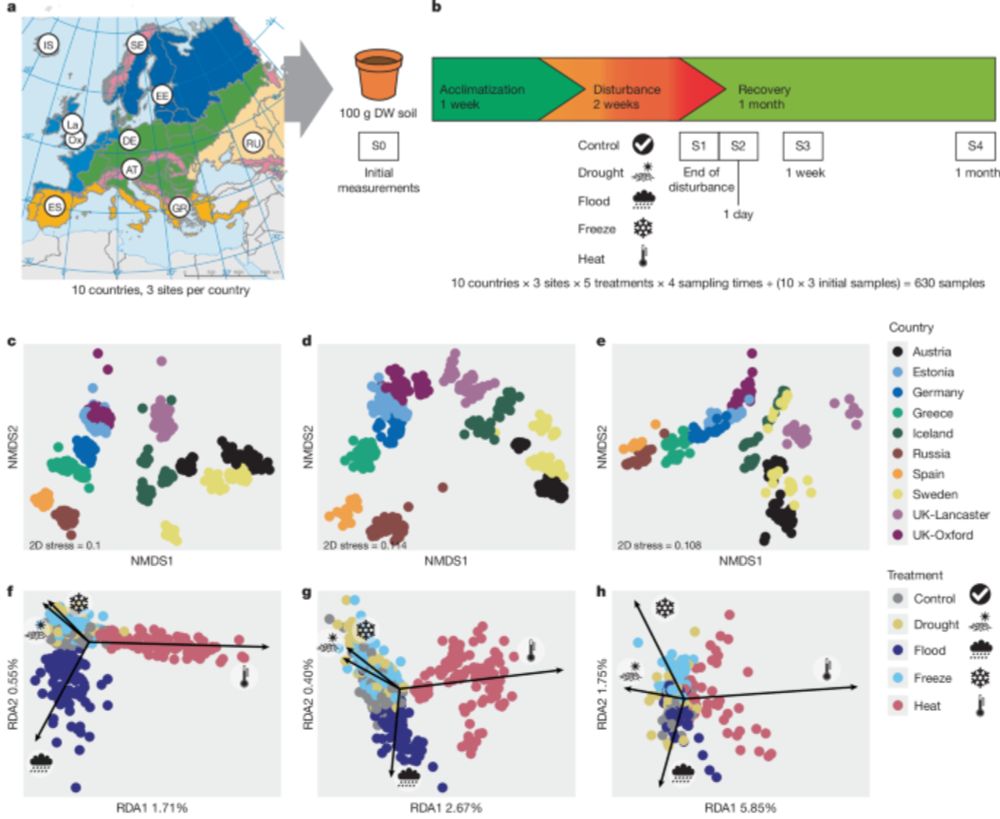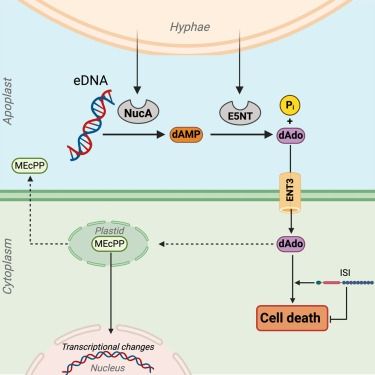
www.biorxiv.org/content/10.1...

www.biorxiv.org/content/10.1...

www.biorxiv.org/content/10.1...

www.biorxiv.org/content/10.1...
🔬 The interaction between scopoletin and fungal endophyte F80 rescues plant growth under iron-limiting conditions by resolving the iron mobility bottleneck.
📝 www.biorxiv.org/content/10.1...

🔬 The interaction between scopoletin and fungal endophyte F80 rescues plant growth under iron-limiting conditions by resolving the iron mobility bottleneck.
📝 www.biorxiv.org/content/10.1...
Happy reading...
www.biorxiv.org/content/10.1...

I'll illustrate this using our paper published in Nature yesterday. 🧵 (1/x)
www.nature.com/articles/s41...

I'll illustrate this using our paper published in Nature yesterday. 🧵 (1/x)
www.nature.com/articles/s41...


